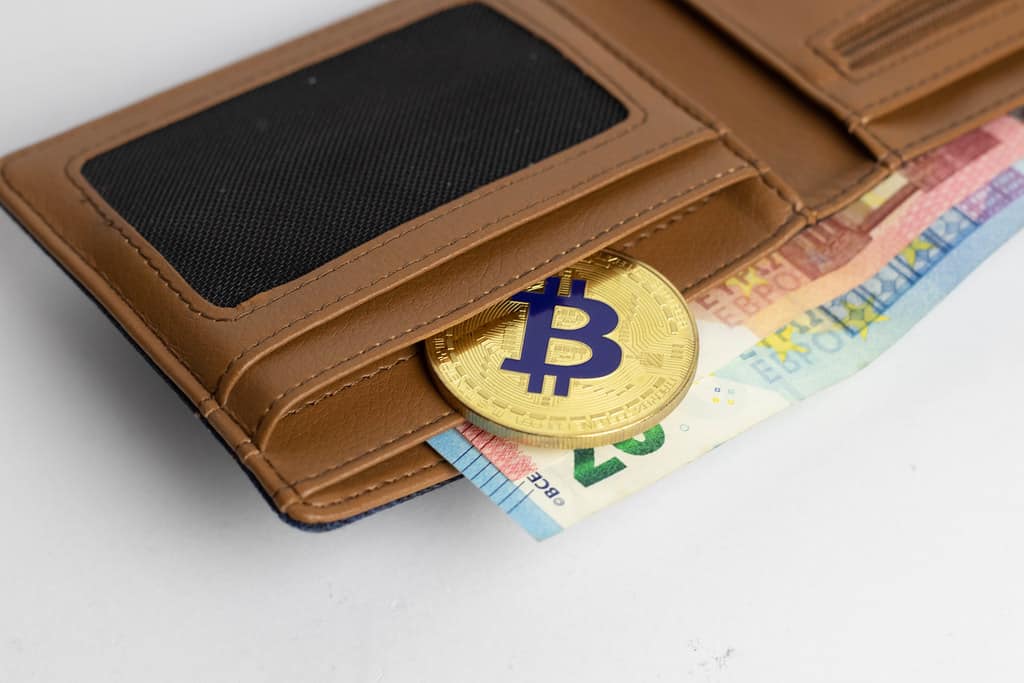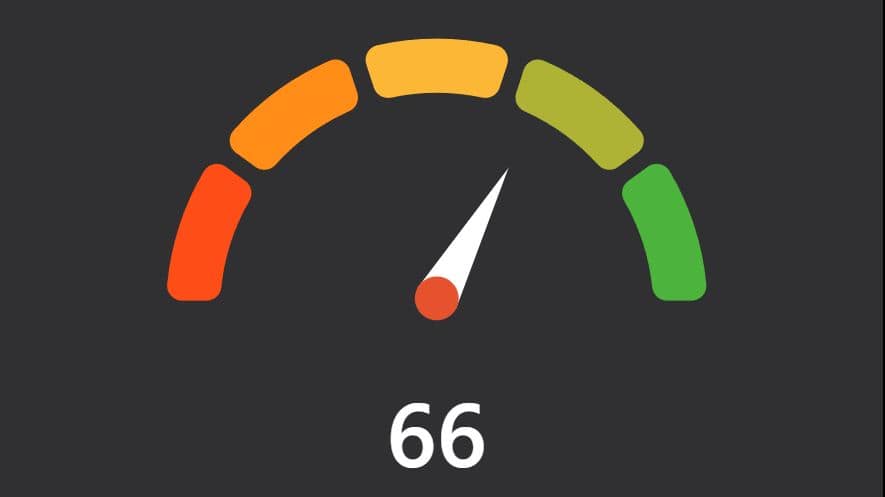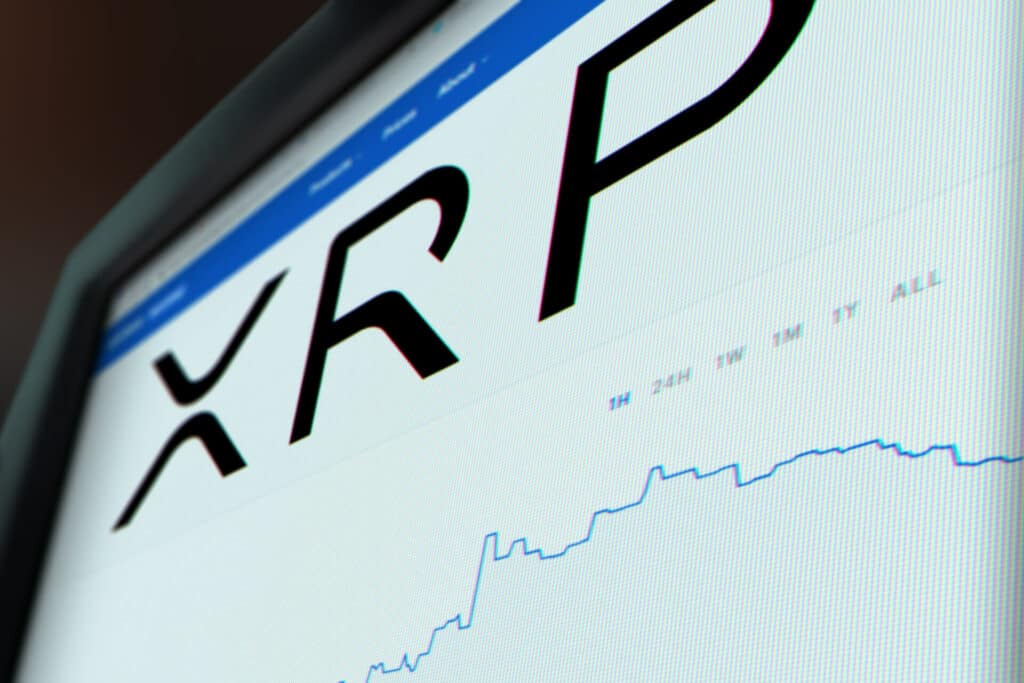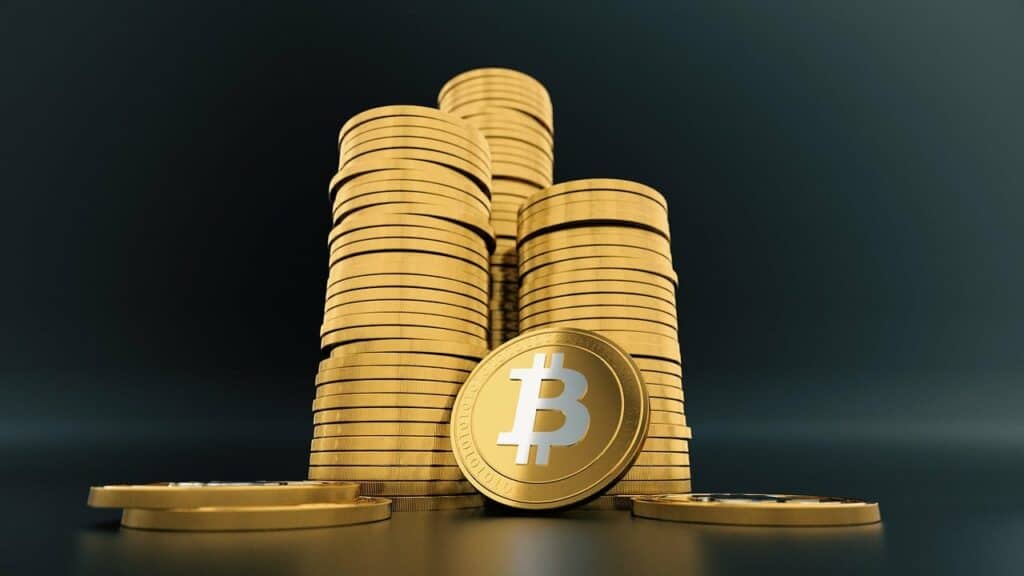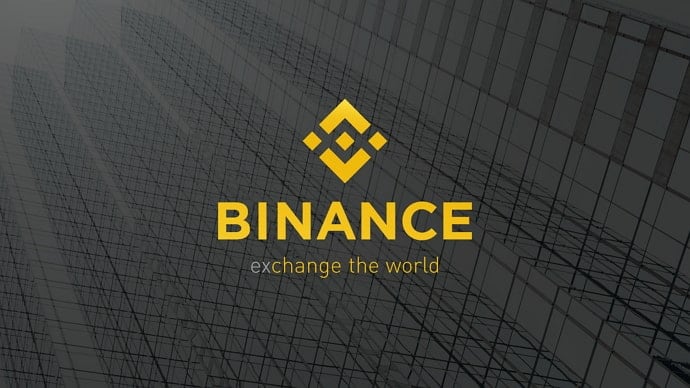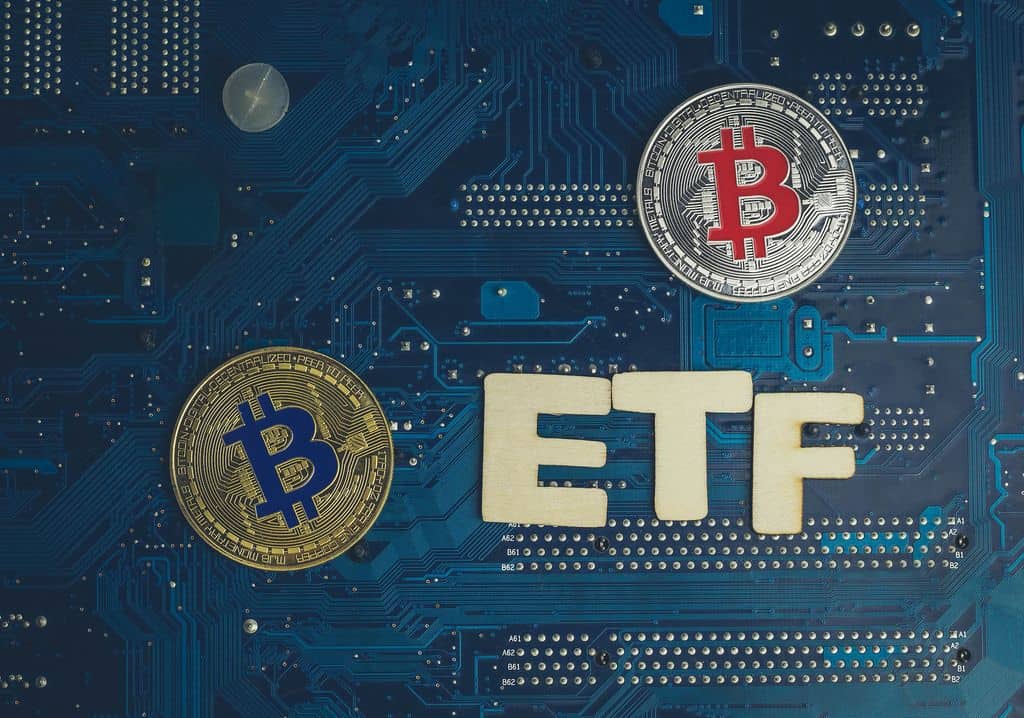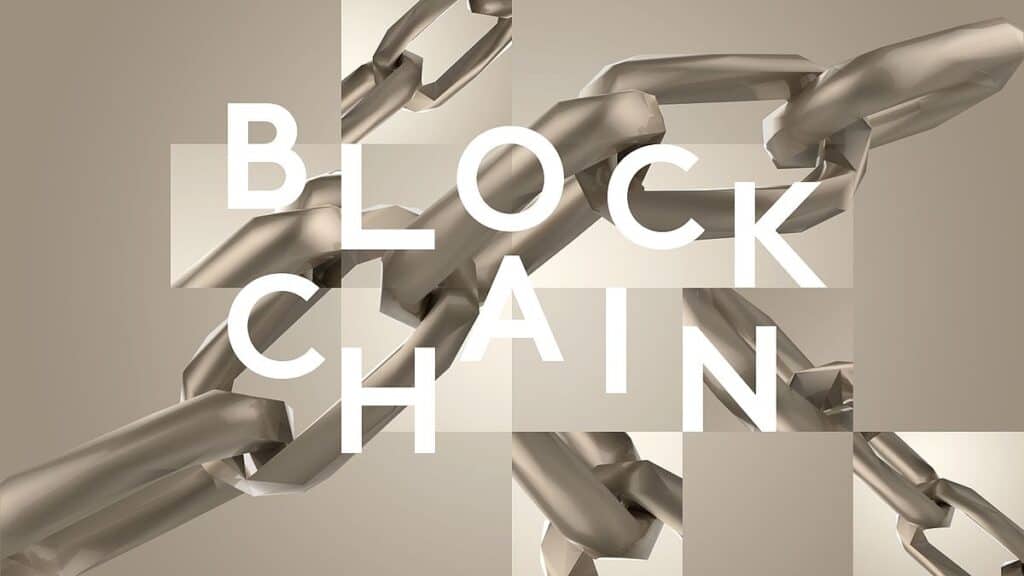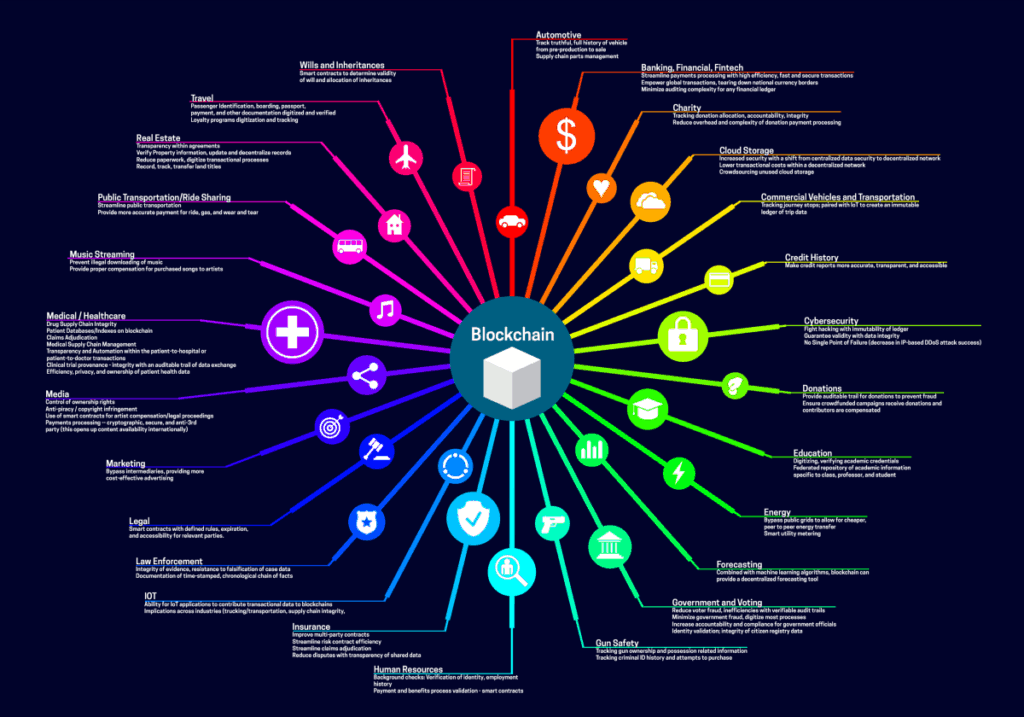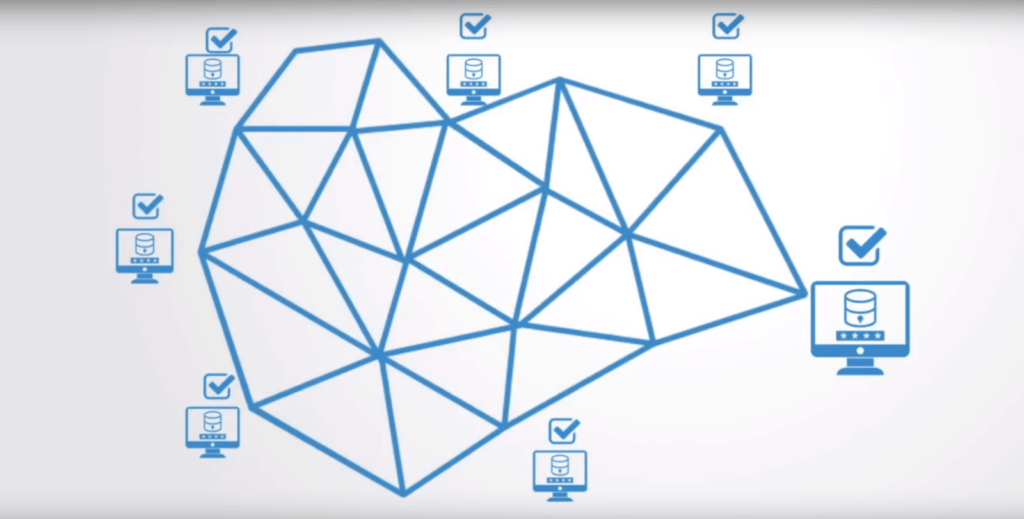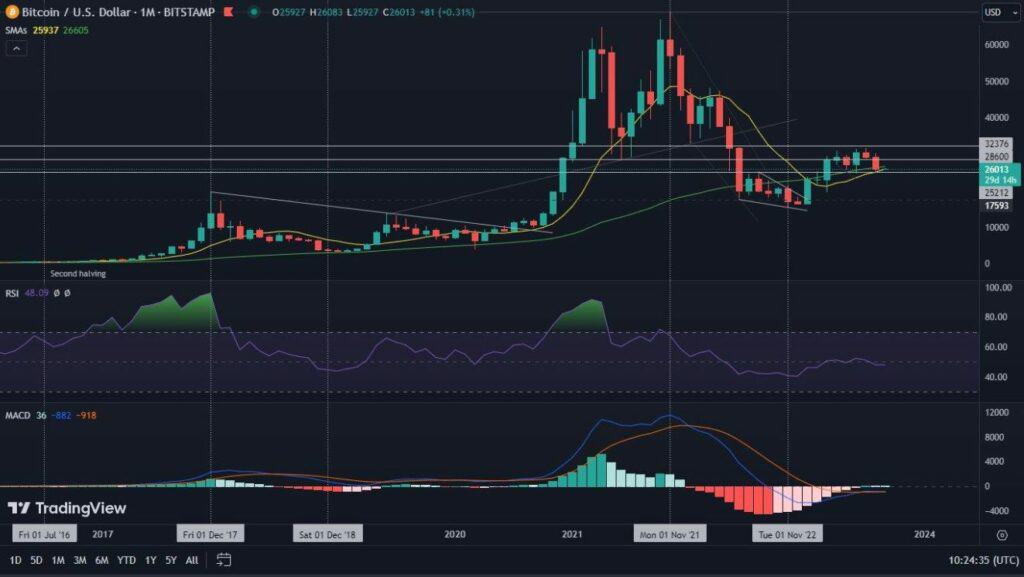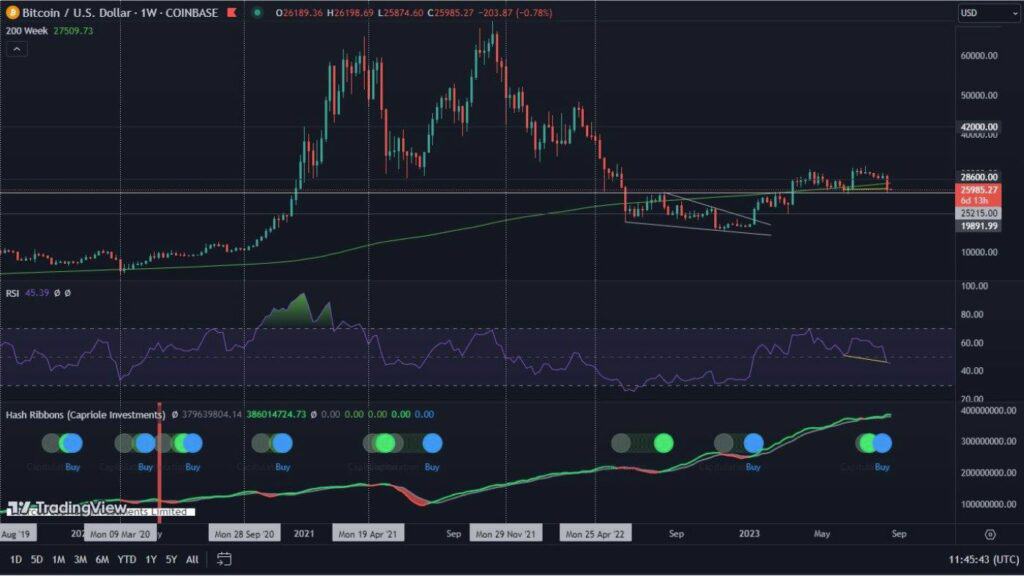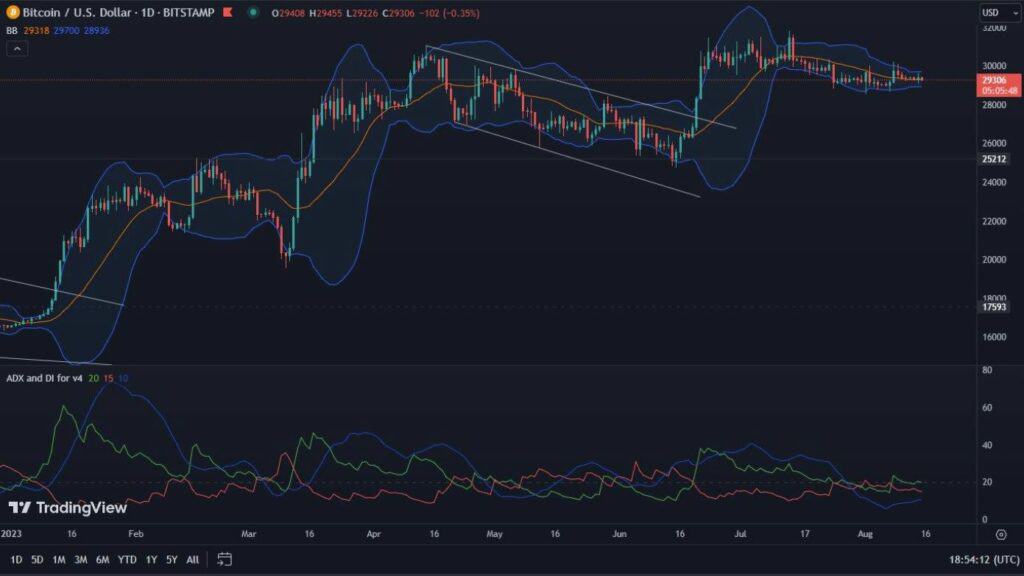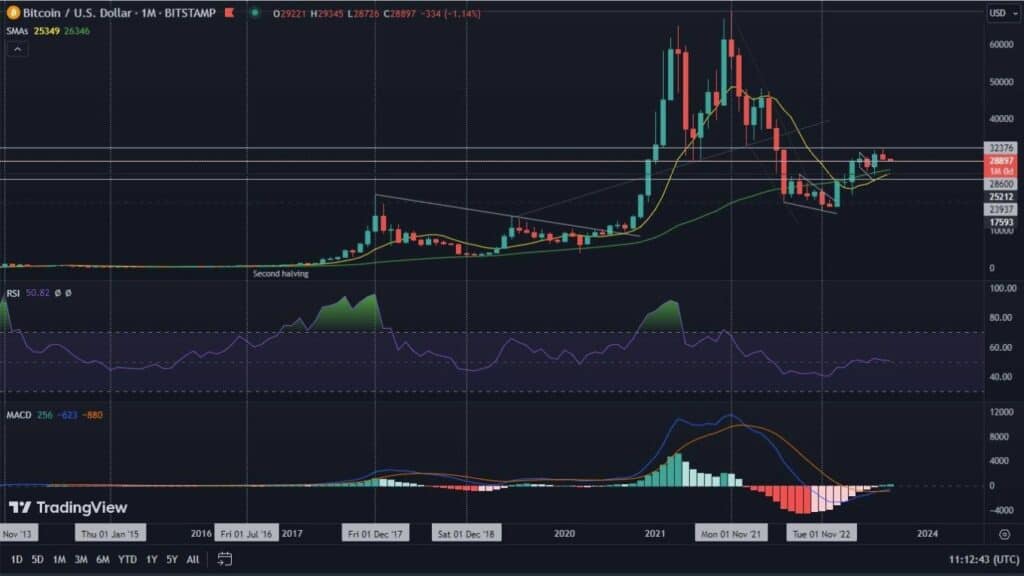The United States Securities and Exchange Commission (SEC) is taking Circle to court. What is the case about? And are stablecoin providers the next victims?
Stablecoins targeted?
In the documentation on the SEC website, we can read that the Securities and Exchange Commission has decided to take a closer look at the issuer of the second most popular stablecoin, which is USDC. Despite the fact that the investigation has been going on since July, the company Circle informed about it only on October 4. It also reports that the company’s authorities were asked to submit documents and information regarding some of Circle’s resources, as well as data on customer programs and a breakdown of operations undertaken. This description is a fairly general outline, making it impossible to know clearly what the Commission is looking at. Detailed information is also not provided by Circle’s representatives, which effectively increases the space for speculation. The company only informs that it has absolutely no intention to stand in the way of the investigation and declares full cooperation in order to clarify the matter as soon as possible.
Stablecoins for some time have become a salt in the eye of the American government. Everyone is familiar with the problems of Tether (USDT) and its lack of full transparency. Despite this, it has a reputation for being the most desirable stablecoin on the market. The audits of USDC also leave many doubts. This is one of the elements of concern for the authorities who are, in effect, seeking to regulate this cryptocurrency sector. However, is this definitely the reason?
Uncertainty around Circle Yield
The second rather significant fact that could pose a problem for the SEC is Circle Yield. This high-interest product for corporate USDC holders, was launched just a month before the SEC issued a subpoena. This hypothesis takes on significance given that the loan product was recently planned to launch by the Coinbase exchange. However, it was met with a rather firm stance from the Securities and Exchange Commission, which made it clear that the offering may not be in compliance with current U.S. law. Eventually, the service was completely frozen, and Coinbase itself does not reveal any indication of the possibility of returning to the mentioned idea.
Potential effects of the call
The SEC has been looking at the cryptocurrency market for quite some time now. The most high-profile case going on behind closed court doors is the trial of Ripple and the suspicion that the XRP token is a security. The proceedings in which Ripple is involved have caused significant damage to XRP’s image as a valuable crypto asset, limiting its presence on global exchanges and affecting the further development of the price. Any accusations characterized by a similar tone and targeting USDC also have the right to result in a reduction of stablecoin’s market capitalization and perhaps even a temporary destabilization of the entire market. After all, USDC is currently the tenth largest coin through which, to a large extent, further investments are made. However, if the case involves Circle Yield, the cryptocurrency market should not be particularly affected. The penalty for non-compliant activity and the closure of the product, is a standard procedure in similar situations. Keep in mind, however, that the reasons presented for the calls are, for the time being, only hypotheses that have yet to be confirmed.




